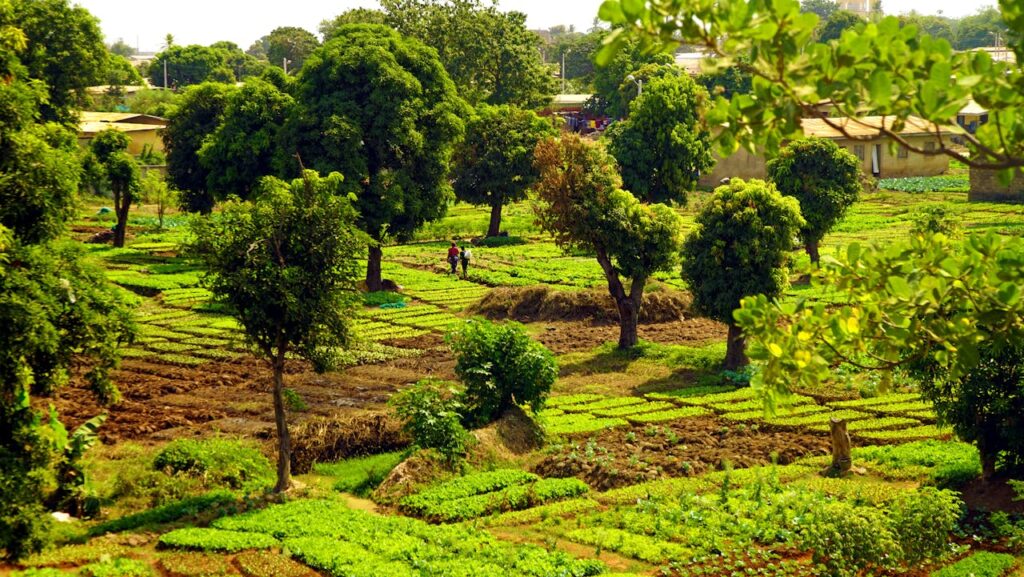Project overview
ASAPP is SIANI initiative that highlights practical applications of the HLPE 13 Principles of Agroecology within contrasting agricultural settings. Through a farmer-centred approach, SIANI strives to provide clear, accessible resources that enhance understanding and encourage adopting agroecological practices, readying farmers to navigate emerging global standards for agroecological transitions. Our goal is to document and accelerate the ongoing agroecological transformation by amplifying the voices of those who have pioneered agroecology, providing evidence of how this change unfolds in diverse contexts.
Why ASAPP is necessary
Agroecology is increasingly seen as a critical pathway to building sustainable and resilient food systems. However, practical examples of successful implementation remain scarce, leaving a gap in accessible, actionable guidance for farmers and decision-makers. In particular, an assessment of agroecological practices used on the ground against the 13 Principles of Agroecology is lacking. These principles play a pivotal role in shaping policies and investment strategies geared towards agroecology, making alignment essential for scaling-up agroecological transitions. Therefore, there is a need for tangible, on-the-ground demonstrations of how these principles work and where gaps in alignment need to be addressed. ASAPP seeks to fill this gap by documenting and sharing case studies from around the world.
Given this context, ASAPP is driven by two core objectives:
- Spotlighting practical applications of the 13 Principles of Agroecology in contrasting farming contexts, offering farmers concrete examples they can adapt to their needs.
- Supporting the development and refinement of the Agroecology Assessment Framework by testing its applicability in real-world settings.
How we are making a difference
ASAPP collaborates with farmers across Europe, South America, Oceania, Southeast Asia, and Eastern Africa to explore specific practices that align with the 13 Principles of Agroecology. Using a case study approach, we are examining how these practices vary across regions and how they address local challenges.
Data is collected through a survey based on the Agroecology Assessment Framework, developed by the Agroecology Coalition. This framework allows us to systematically assess how each of the 13 Principles of Agroecology are met in different contexts, following predefined categories and examples. We ask farmers to self-assess their degree of alignment with each of the 13 Principles of Agroecology, their so called “agroecologicalness” or degree of agroecological integration. Each principle is rated on a scale from 1 to 5, with 1 indicating no alignment and 5 indicating a strong alignment.
The findings are then distilled into visual-centric leaflets, following a principle-by-principle structure, to clearly demonstrate how agroecology can be applied on farms worldwide. Photographic work is central to this initiative, providing a visual repository of agroecological practices.
By making these case studies easy to understand and replicate, ASAPP provides farmers and agricultural advisors with practical insights and actionable steps for adopting agroecological practices tailored to their specific needs. In doing so, we also enrich the Agroecology Assessment Framework by documenting previously unrecorded practices and amplifying farmers’ voices in discussions about effective agroecological strategies across agricultural regions.
The broader impact of ASAPP
Demonstrating alignment between on-the-ground practices and the 13 Principles of Agroecology is essential for attracting future support. Donors and funding organisations focused on sustainable agriculture are increasingly looking for evidence of successful agroecological transitions. ASAPP’s findings will contribute to reinforcing this evidence, helping to secure the funding and resources needed to expand these practices and foster long-term change.
Get involved
Would you like to be our next case study or partner in this initiative? We invite farmers and agricultural organisations interested in agroecological transitions to connect with us. Your insights can contribute to a broader understanding of agroecology and help inspire others in the community. If you are interested in collaborating, please reach out to learn more.
Contact project team:
Aziliz Le Rouzo, Research Associate: aziliz.le.rouzo@sei.org
Marta Anguera, Engagement Officer: marta.anguera@sei.org
